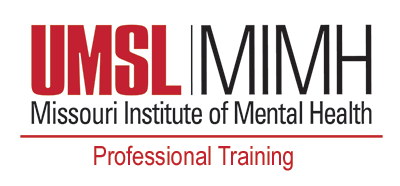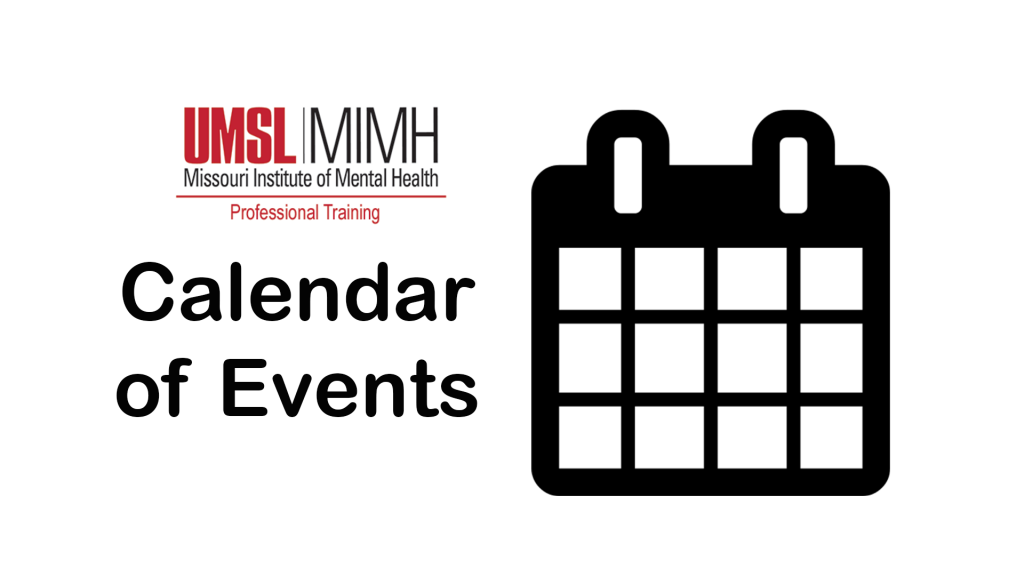Myanmar – Dr. Robert Paul and Julie Mannarino
Our work in Myanmar began in 2010 and was subsequently funded by NIH to address an important knowledge gap regarding the impact of perinatally acquired HIV on the immune system and neurodevelopment. The core question was whether exposure to the virus in utero leads to the expression of two different “docking stations” for the virus (CCR5 and CXCR4), rather than just one (CCR5) as seen in most adults. The question has significant treatment ramifications because medications that block the CCR5 receptor would not be effective in children with pHIV who also express the CXCR4 receptor. Rob believed that due to the ways in which the virus impacts the development of the immune system in utero, that both receptors would be present in children with pHIV (known as dual tropism). We chose to do the work in Myanmar for two important reasons: 1) Our colleague at Wash U (Dr. Soe Mar) has a long history of philanthropy work in orphanages in Myanmar, including an orphanage dedicated to children with pHIV and a nearby orphanage for uninfected children, both of which provide similar living, educational, and nutritional opportunities; and 2) there was a significant need to modernize the laboratory equipment and workspace in the children’s hospital in Yangon. We received funding from NIH to answer the main science question and we leveraged the resources to enhance the infrastructure at the hospital.
We were nearing the end of the research study when the military coupe occurred, at which time our local PI, Dr. Kyaw Linn, the only senior pediatric neurologist in the country, was arrested by the military and forced into hard labor for two years. The remaining team in Yangon (7 early career pediatric neurologists and 2 laboratory scientists) was unable to receive funds from the US government, yet they continued to conduct the study on their own accord while Dr. Linn was imprisoned. Based on their unwavering dedication (and very much on their own accord), the work by the local team has allowed us to confirm that children with pHIV do exhibit dual tropism, as well as persistent immune dysregulation and neurodevelopmental delays. These findings have potential to guide therapeutics targeting and downstream consequences of dual tropism in children with pHIV worldwide. While the results are important, the impact of the coup on the team, the community, and the kids has been and continues to be unfathomable and heartbreaking.







